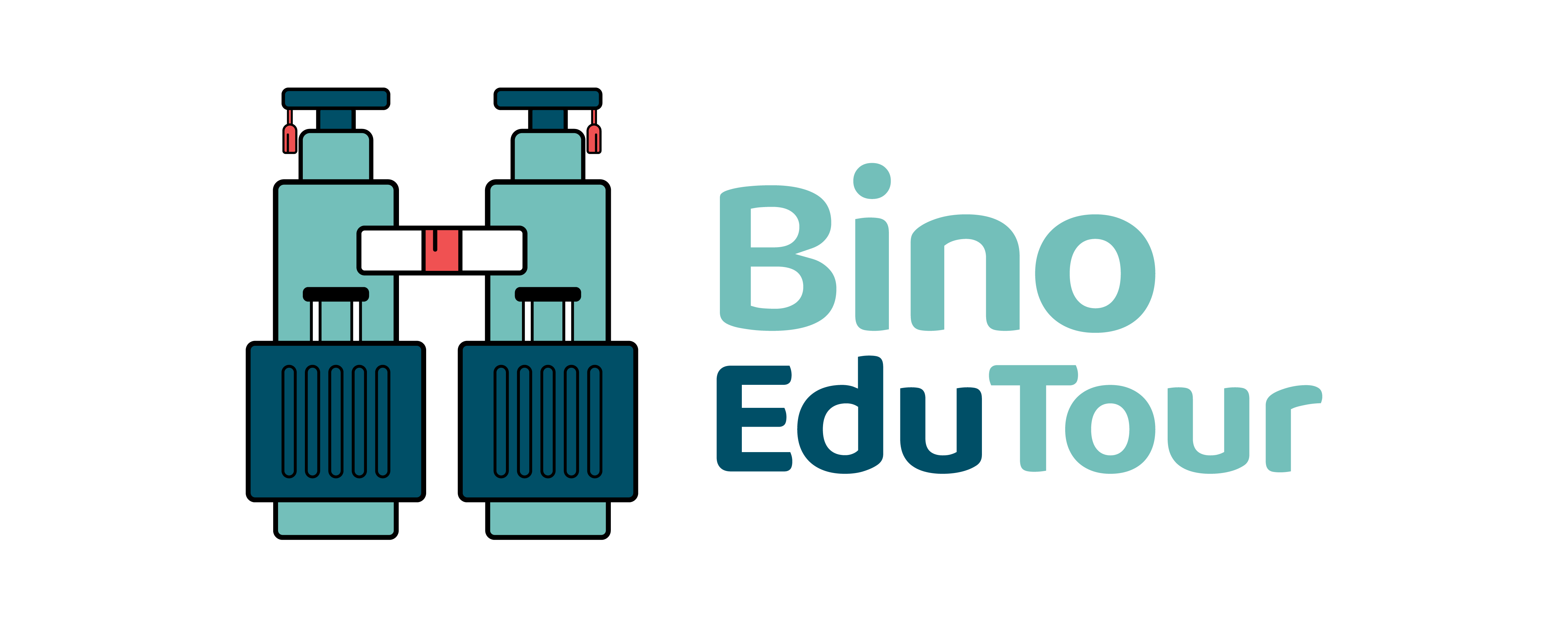Educational tours have the potential to inspire, educate, and create lifelong memories. However, not all tours are created equal. Selecting the right one requires careful consideration to ensure the experience is both meaningful and enriching.
The tour should align with the group’s educational goals. Whether it’s understanding history, exploring science, or developing cultural awareness, ensure the itinerary includes relevant activities and sites that reinforce these objectives.
A great guide can transform an average tour into an extraordinary experience. Look for tours that employ guides who are not only knowledgeable but also skilled at engaging participants of different ages and interests.
Tours that include workshops, cultural exchanges, or practical activities foster deeper learning and create lasting memories. These experiences should complement the destination’s educational themes.
Safety is paramount, especially when traveling with students or families. Ensure the tour company has a strong safety record, provides clear guidelines, and offers accessible options for all participants.
While learning is the focus, it’s important to allow time for leisure and exploration. A well-balanced itinerary prevents burnout and keeps participants engaged throughout the journey.
Seek feedback from previous participants or trusted sources. Reviews often reveal insights into the quality of the tour, including the organization, accommodation, and overall experience.
Hidden costs can detract from the experience. Choose tours that provide a detailed breakdown of expenses, including meals, transportation, and entrance fees.
Selecting the right educational tour ensures that participants gain the most from their travel experience. By focusing on learning objectives, interactive activities, and safety, you can craft a journey that is both enriching and memorable.
